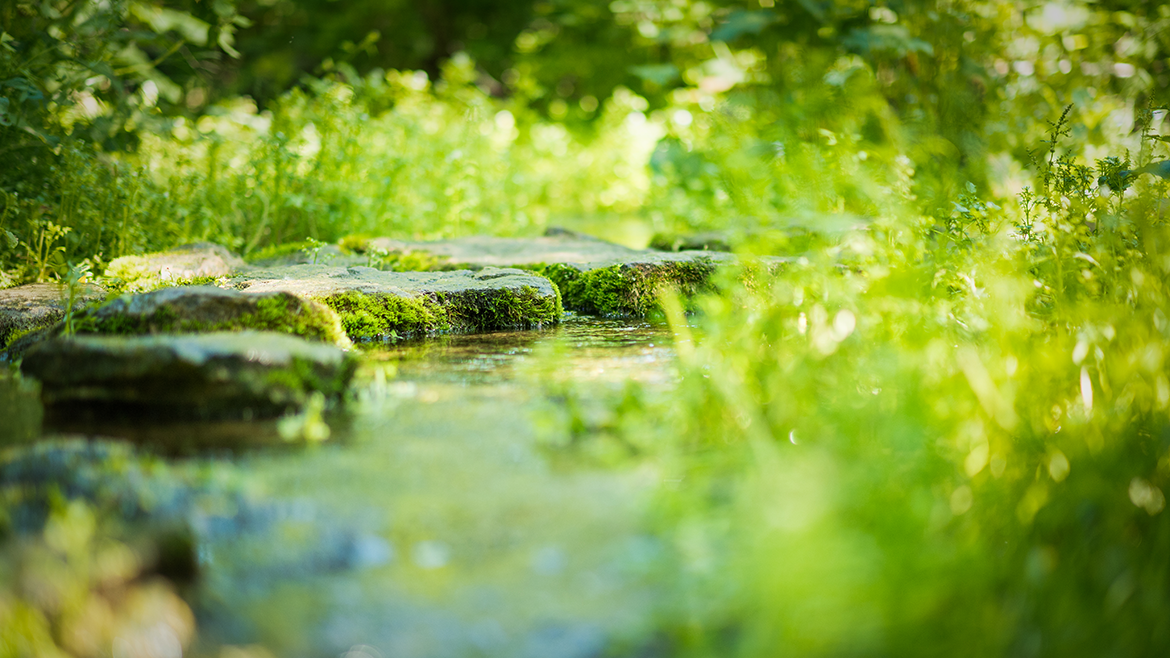Clean Marina Program Gets a Boatload of Grant Money
The Wisconsin Clean Marina Program has been awarded $200,000 from the Fund for Lake Michigan. The grant runs for three years and supports increased staffing and a renewed focus on encouraging more certifications.
“This grant is really giving a shot in the arm to this program. It’s a boatload of money to encourage clean marinas,” said Julia Noordyk, Sea Grant’s water quality and coastal communities specialist. “There was a big surge in membership for clean marina certifications (when the program started). But the last four to five years, it’s plateaued off.”
Former Sea Grant staff member Victoria Harris has been with the program but plans retirement. The grant will extend her contract, allowing overlap for training her half-time replacement. The grant will also cover student work.
To become a certified clean marina, businesses voluntarily adopt a list of best-management “green” practices. Program staff conduct site visits, verifying practices and offering training.
Since 2009, the program has certified 21 marinas. With three certifications pending and 14 marinas interested in the program, the staff will have plenty to do.
The Clean Marina Program is currently administered by the Wisconsin Marine Association (WMA) with financial and technical support from the Wisconsin Coastal Management Program and assistance from Sea Grant.
“Frankly, this grant is saving the Wisconsin Clean Marina Program,” said Michelle Shrider, WMA president. “We see the program being able to go into the long-range future with this help.”
Shrider said another goal is exploring sustainable funding for the program. “Ideally, we’d like to get some support from government agencies in Wisconsin, which is often the case for other clean marina programs around the country.”
Vicki Elkin, executive director for the Fund for Lake Michigan, said the program fit perfectly with the fund’s goals to have a positive impact on Lake Michigan’s water quality.
“Funding this project is an opportunity to scale up a proven program and have a real, measurable impact on Lake Michigan,” Elkin said. “It’s pretty clear that demand for the program exceeds available resources. It’s also an opportunity for us to touch a lot of communities at once. Many of our projects are place-specific — we fund in Kenosha, Racine, Sheboygan, Milwaukee and Door County — but this allows us to touch the entire shoreline at one time and work with marinas that we could never work with one-on-one just because there’s so many of them. I’m excited about it.”
Noordyk stressed that although the focus of the new grant is on improving Lake Michigan water quality, funding from the Wisconsin Coastal Management Program and the WMA will continue to support the clean marina coordinator to travel to the numerous Lake Superior and inland marinas.
“The Wisconsin Clean Marina Program is built around partnership and collaboration between many stakeholders,” said Todd Brieby, coastal nonpoint and education coordinator with the Wisconsin Coastal Management Program.
Additional Clean Marina partners include the University of Wisconsin- Extension, the Wisconsin Department of Natural Resources-Office of Great Lakes, SmithGroupJJR and the U.S. Coast Guard.
–MEZ


